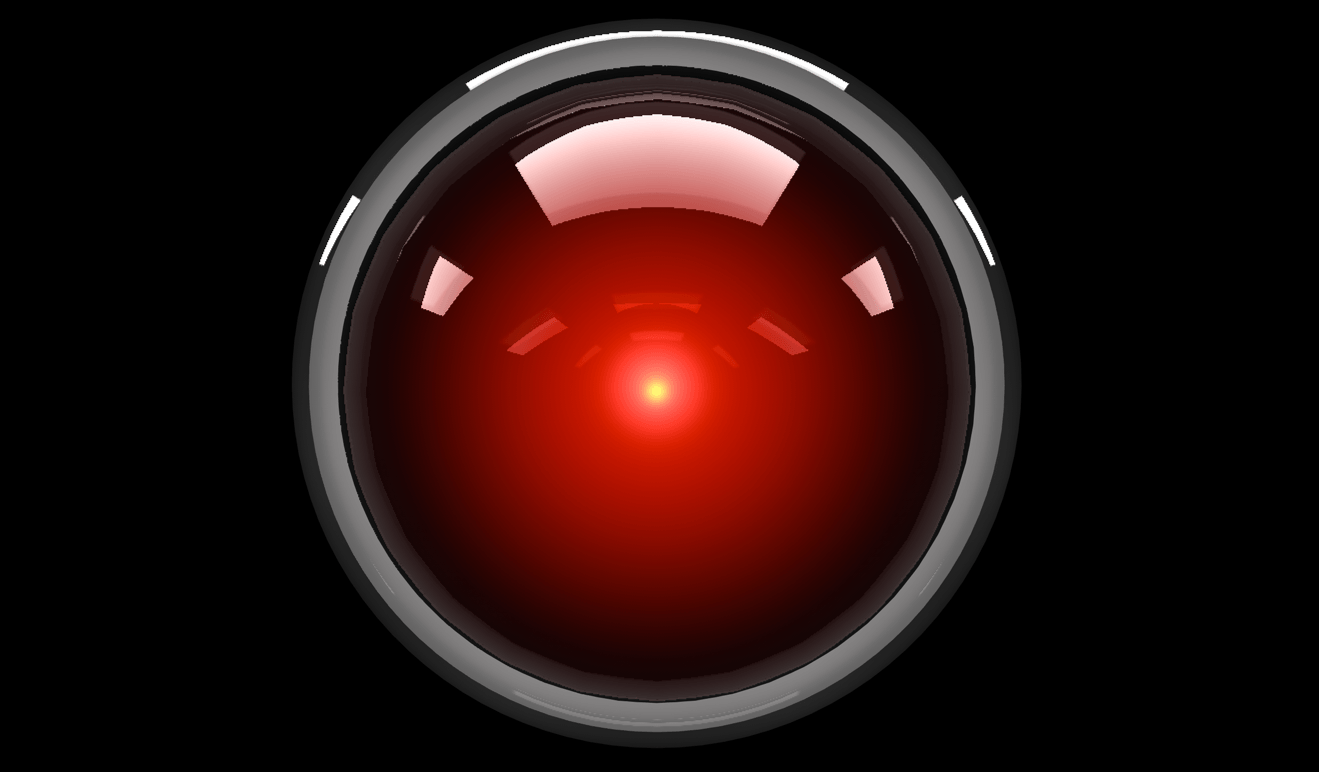
IGCSE Coordinated Chemistry Workout 12
Quiz
•
Chemistry
•
9th - 10th Grade
•
Medium

Dave Gould
Used 29+ times
FREE Resource
10 questions
Show all answers
1.
MULTIPLE CHOICE QUESTION
1 min • 1 pt

The graph shows the changes in temperature when a substance is cooled. Which describes the processes occurring at X and Y?
X is boiling and Y is melting
X is condensing and Y is freezing
X is freezing and Y is condensing
X is melting and Y is boiling
2.
MULTIPLE CHOICE QUESTION
1 min • 1 pt

Which trends in physical properties are correct for the alkali metals down Group I?
A
B
C
D
3.
MULTIPLE CHOICE QUESTION
1 min • 1 pt

Large hydrocarbons can be ..….1…... to make smaller, more useful molecules. Small hydrocarbon molecules can be …...2…... to make long molecules. Which words correctly complete gaps 1 and 2?
A
B
C
D
4.
MULTIPLE CHOICE QUESTION
1 min • 1 pt
What is made when amino acids join together in a large chain?
cellulose
glucose
protein
starch
5.
MULTIPLE CHOICE QUESTION
1 min • 1 pt

Some properties of three substances are shown. What are the structures of W, X and Y?
W is giant covalent; X is giant ionic; Y is simple molecular
W is giant ionic; X is giant covalent; Y is simple molecular
W is giant ionic; X is simple covalent; Y is giant covalent
W is simple molecular; X is giant ionic; Y is giant covalent
6.
MULTIPLE CHOICE QUESTION
1 min • 1 pt
How is carbon (coke) used in the extraction of iron from iron oxide?
as an anode
as a cathode
as an oxidising agent
as a reducing agent
7.
MULTIPLE CHOICE QUESTION
1 min • 1 pt
Electrolysis of sodium chloride is used to obtain chlorine.
In what form is sodium chloride electrolysed and at which electrode is the chlorine obtained?
an aqueous solution of sodium chloride and chlorine is formed at the anode
an aqueous solution of sodium chloride and chlorine is formed at the cathode
solid sodium chloride and chlorine is formed at the anode
solid sodium chloride and chlorine is formed at the cathode
Create a free account and access millions of resources
Similar Resources on Wayground

15 questions
Hydrogen chloride gas preparation
Quiz
•
10th Grade

10 questions
Ionic Compounds Quiz (Q2W2)
Quiz
•
10th Grade

12 questions
THERMOCHEMISTRY KSSM F3
Quiz
•
6th - 9th Grade

15 questions
Ionic bonding
Quiz
•
9th - 11th Grade

15 questions
Identification of ions and gases
Quiz
•
10th Grade

14 questions
Forming Ions
Quiz
•
9th - 11th Grade

10 questions
Salt, properties of salts, uses of salts
Quiz
•
10th Grade

10 questions
Nomenclature: Compounds with Polyatomic Ions 1
Quiz
•
10th - 12th Grade
Popular Resources on Wayground

20 questions
Brand Labels
Quiz
•
5th - 12th Grade

10 questions
Ice Breaker Trivia: Food from Around the World
Quiz
•
3rd - 12th Grade

25 questions
Multiplication Facts
Quiz
•
5th Grade

20 questions
ELA Advisory Review
Quiz
•
7th Grade

15 questions
Subtracting Integers
Quiz
•
7th Grade

22 questions
Adding Integers
Quiz
•
6th Grade

10 questions
Multiplication and Division Unknowns
Quiz
•
3rd Grade

10 questions
Exploring Digital Citizenship Essentials
Interactive video
•
6th - 10th Grade
Discover more resources for Chemistry

32 questions
Unit 2/3 Test Electrons & Periodic Table
Quiz
•
10th Grade

20 questions
Electron Configuration
Quiz
•
10th - 12th Grade

20 questions
COUNTING ATOMS
Quiz
•
10th Grade

20 questions
Naming Covalent and Ionic Compounds
Quiz
•
10th Grade

43 questions
Electron Configuration and Orbital Notation
Quiz
•
10th Grade

33 questions
Unit 2-3 Electrons and Periodic Trends
Quiz
•
10th Grade

20 questions
Periodic Trends
Quiz
•
10th Grade

20 questions
Electron Configuration & Orbital Notation
Quiz
•
9th - 12th Grade

